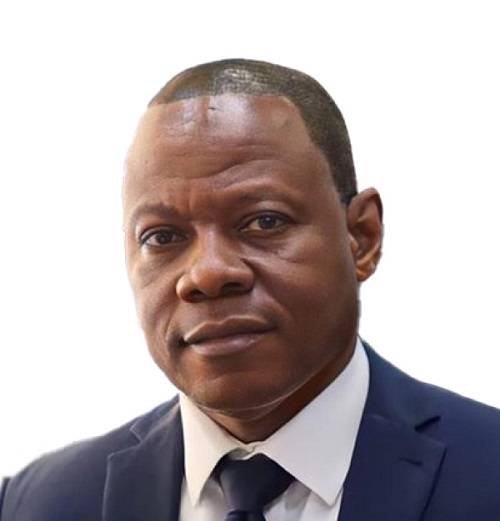The Medical Director of the Upper West Regional Hospital, Dr Robert Amesiya, has said plans were advanced for the establishment of a cancer unit at the facility, to help treat cancer patients.
He expressed worry that patients who were diagnosed with cancer and referred to hospitals outside the region, could not receive treatment because of distance, cost and other difficulties they encountered.
“Our resident pathologist refers the patients to the Tamale Teaching Hospital (TTH) or Komfo Anokye Teaching hospital (KATH) in the Northern and Ashanti Regions respectively. The cost of transporting themselves and their relatives as well as cost of living and where to live at the time of undergoing treatment become a burden to them. Because of these barriers, most people who are referred to hospitals in other regions do not get treatment,” he said.
Dr Amesiya made this known in an interview with journalists on the sidelines of a one-week training on early warning signs and detection of cancer, for staff of the Upper West Regional Hospital, by the World Child Cancer (WCC) Organisation, KATH and the TTH, in Wa.
He said that the training formed part of processes to start a cancer unit as plans were far advanced in terms of procurement of equipment and accessing specialists to assist at the unit.
“The human resource that will be handling the various cancers is very key; we are therefore partnering with KATH and TTH with this training in preparations towards establishing a cancer treatment centre here,” Dr Amesiya said.
He said that the Roche, a Swiss drug making company, would support the regional hospital train its human resource and acquire equipment needed for the cancer unit.
Dr Amesiya said “when you train the people and they do not put the skill to use, they lose it so if we get the resources, we will operationalise the unit with support from our counterparts.”
The Monitoring and Evaluation Specialist with the World Child Cancer Ghana, Mr Seth Kwanin Kore, said the UK based organisation, sought to provide support for the Upper West Regional Hospital.
These, he said would include transportation of patients from the facility to referral point, cost of treatment and drugs, diagnosis and therapists to counsel parents with the aim to eradicate global inequalities relating to childhood cancers.
“In 2023, the Tamale Teaching Hospital recorded about 47 cases of cancer, out of which 30 per cent were referral cases from the Upper West Region with cancer of the eye and lymphoma, hence we seek to expand our operations to include the region,” Dr Amesiya said.
A pediatric and oncology nurse, a participant of the training, Mr Comad Batuure, reminded the public that cancer is abnormal growth of cells in the body that performed no function, and adding that though studies were ongoing to identify the main causes of cancer, there were some predisposing factors such as hereditary, exposure to chemicals, bacterial infections and living in malaria prone areas.
“Our focus is on childhood cancers which are becoming rampant because of the myth that children cannot have cancers but childhood cancers are real and common these days so there is the need for early detection and mitigation,” he said.
Mr Batuure suggested that childhood cancer treatment be factored into national policy, and also education to dispel myths and misconceptions about cancers.
FROM LYDIA DARLINGTON FORDJOUR, WA

